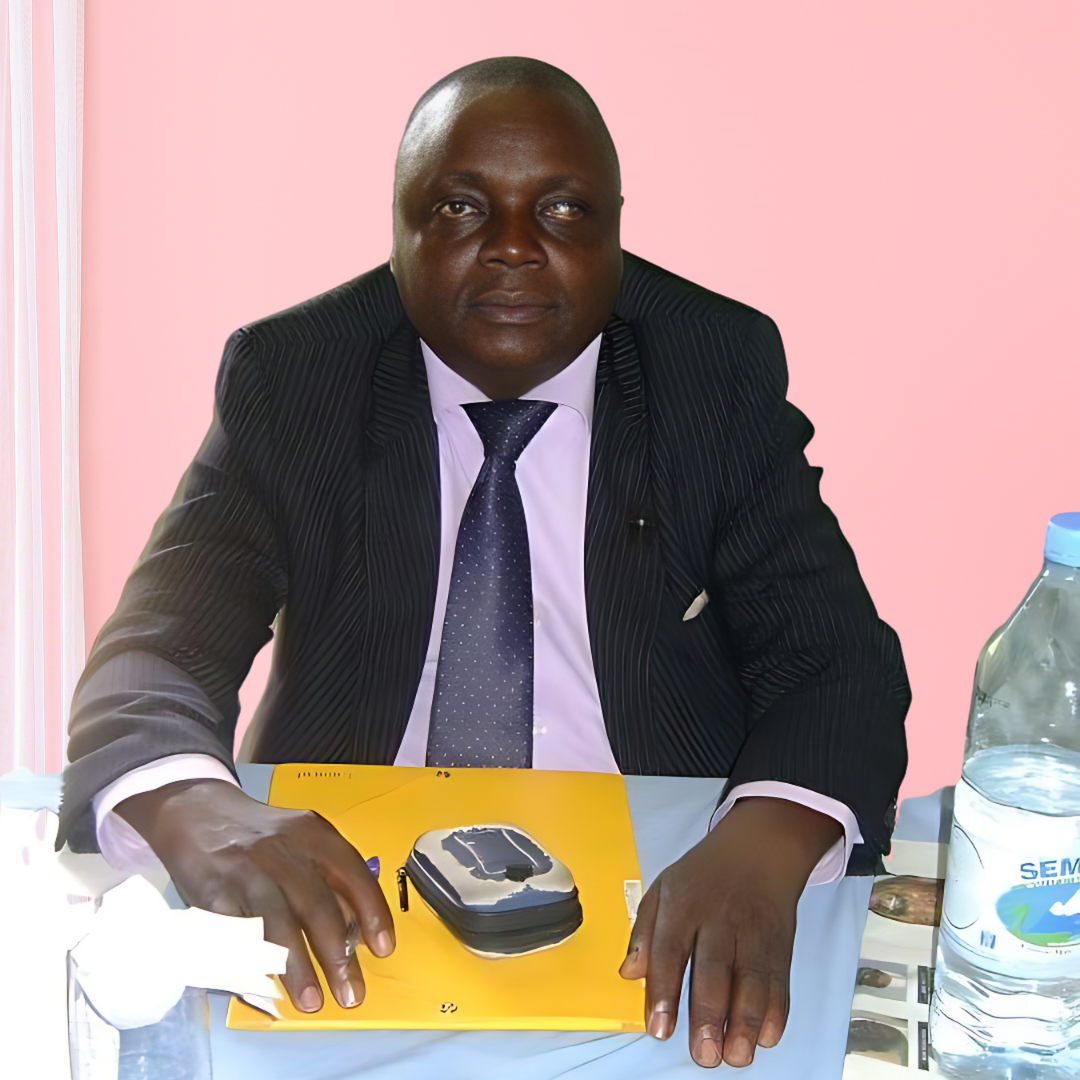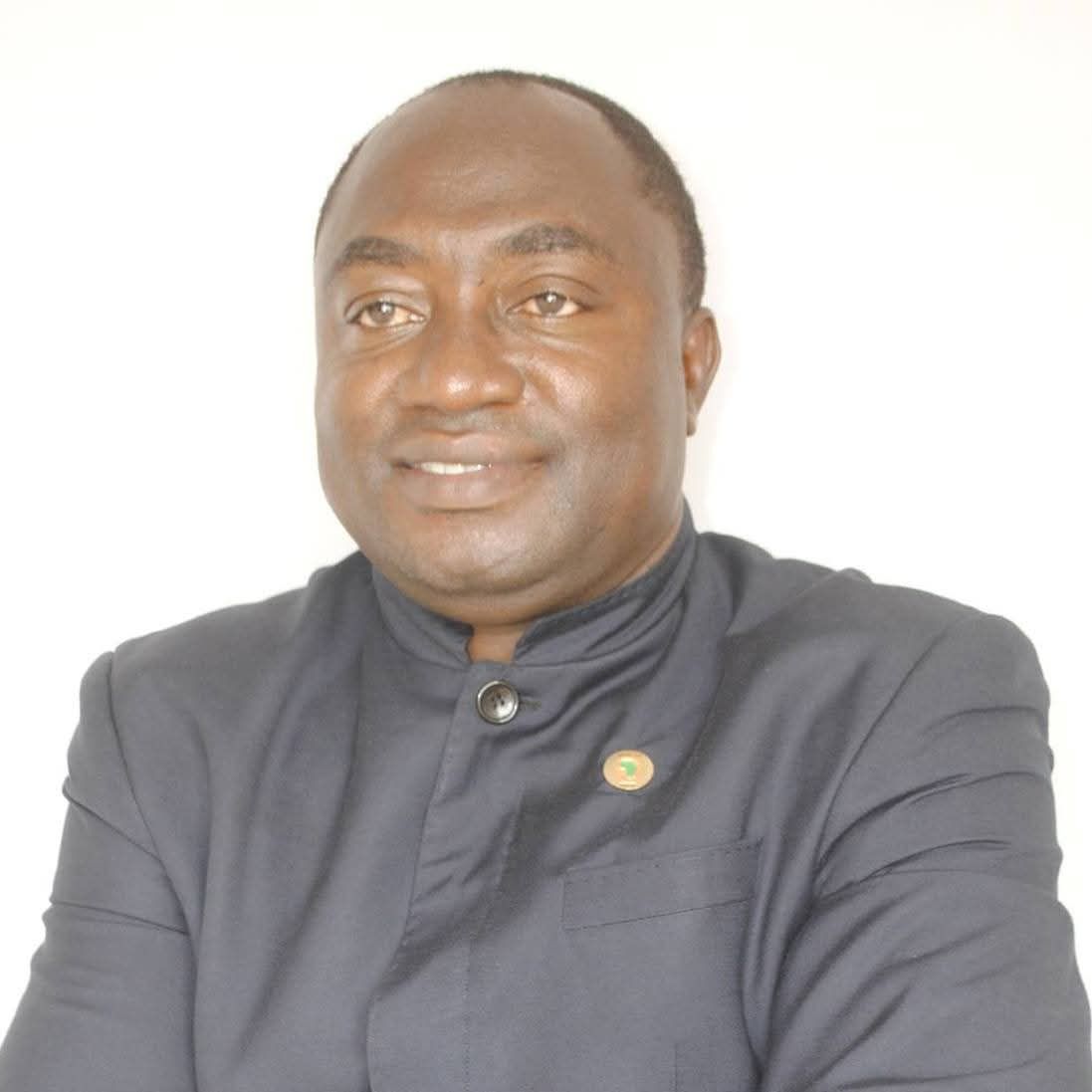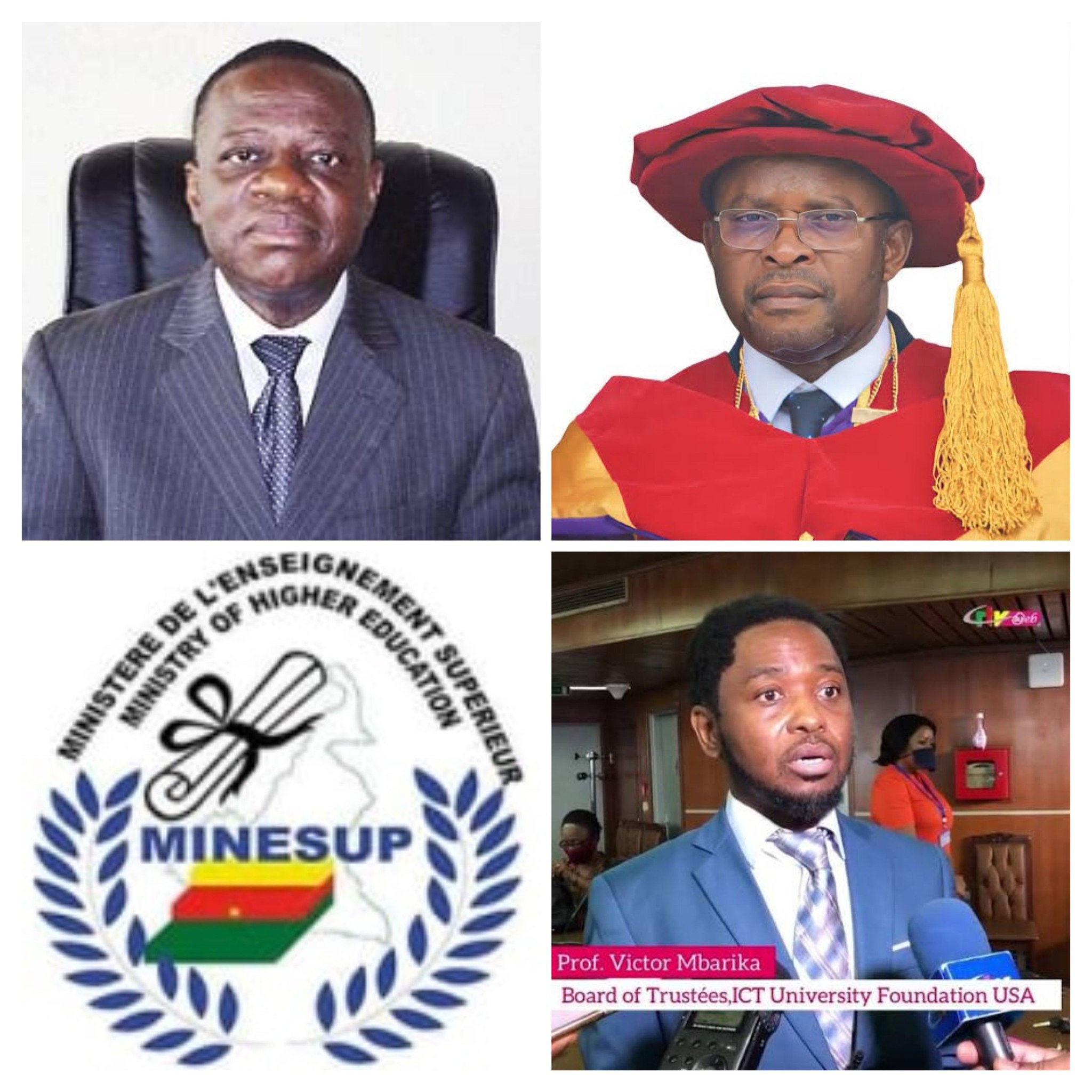An Open Letter to His Excellency President Paul Biya
A Call for Justice and Sustainable Peace through the Resolution of the Anglophone Question
By Professor Willibroad Dze-Ngwa
Your Excellency,
Permit me, first of all, to congratulate you as President of the Republic of Cameroon following the October 12, 2025 Presidential Election. The people of Cameroon will once again live under your leadership, despite the deep divisions and the painful memories that Anglophones in this country have endured over the past decade.
As you assume the highest office in the land, it is imperative that the voice of conscience reaches you early and sincerely.
I write to you as a scholar and a witness to our nation’s long and troubled journey toward unity. I take the courage, in humility, to speak on behalf of the men, women, and children of the North West and South West Regions—those who have borne the brunt of structural marginalization, political exclusion, and prolonged armed violence. Yet, they remain a people whose voices have been muted by continuous conflict, fear, and neglect.
Your Excellency, the pain these regions experience daily is not an abstraction; it is a lived reality.
A History of Unhealed Wounds
The Anglophone problem did not begin with the current conflict. It is rooted in the historical foundations of our nation. When the Southern Cameroons voted in 1961 to join the Republic of Cameroon in a federal union, the agreement was founded on equality, mutual respect, and bilingual coexistence—principles clearly inscribed in the Federal Constitution.
Yet, that agreement was gradually eroded. The dissolution of the federation in 1972—which was the very foundation of the reunification of the two peoples—ushered in the centralization of political and economic power. The systematic weakening of common law institutions, the educational system, and administrative autonomy gradually turned partnership into subordination.
More than six decades after reunification, the Anglophone citizen still feels alienated in the very nation to which they freely acceded. Public offices remain overwhelmingly French-speaking; the judiciary often disregards the principles of common law; and national appointments rarely reflect genuine regional balance. In the architecture of governance, the English language and the people of the North West and South West Regions often appear as an afterthought.
The crisis that erupted in 2016 was therefore not a spontaneous rebellion, but an accumulation of frustration over decades of neglect and denial—deepened by the complacent silence of many.
Interestingly, campaigns for the October 12, 2025 Presidential Elections revealed that the Anglophone problem remains central to holding this country together. Virtually all eleven (11) alternative candidates placed it at the core of their agendas. This should not have been mere politicking but a genuine reflection of a people weary of a senseless war that continues to claim the lives of the young.
The Human Cost of Denial
Your Excellency, the toll of this crisis is staggeringly high. Thousands have lost their lives; hundreds of thousands are displaced within and beyond our borders; schools and health centres have been destroyed; and the social fabric that once held communities together lies torn and shredded.
The economies of the North West and South West Regions—once vibrant with agriculture, trade, and education—now lie in ruin. The entire nation bears this burden.
Our cultural heritage is in decay. Traditional rulers have abandoned their palaces; entire populations have fled their communities and now live as internally displaced persons in their own country.
The youth of these regions have been deprived of the once-vibrant education system. Many have become vulnerable to radicalization, criminality, or despair. Women and children have suffered the most, enduring displacement, trauma, and poverty.
This humanitarian crisis is not merely regional—it is a national wound that demands urgent healing.
The Moral Imperative of Leadership
Your Excellency, leadership in times of division is not about asserting power, but about restoring trust. Cameroon stands today at a moral crossroads: either to continue the politics of denial and domination or to begin the long journey toward reconciliation, respect, reform, and re-engagement.
History offers you a rare and golden opportunity to be remembered as a unifier and a reformer—one who healed broken hearts and restored the soul of the Republic. The question is no longer whether the Anglophone problem exists; it does, and you have publicly acknowledged it. The expectation now is that your administration will have the courage and humility to confront it with honesty, compassion, and vision.
The Way Forward: Building a Just and Cohesive Nation
1. Release of Political Prisoners
The immediate release of all political prisoners linked to the conflict in the Anglophone regions would signal a strong gesture of goodwill and open the door for reconciliation.
2. Withdrawal of Excessive Military Presence
The withdrawal of third-degree military deployment from the North West and South West Regions will help reduce fear, rebuild trust, and facilitate genuine peacebuilding.
3. Organize a Genuine, Inclusive, and Decentralized National Dialogue
Following your government’s acknowledgement of the Anglophone problem, the 2019 Major National Dialogue was a commendable step—but it was not a solution. The process was limited by narrow participation and weak implementation.
A renewed and inclusive dialogue—chaired by a neutral facilitator—should include exiled and imprisoned leaders, civil society, faith-based organizations, women’s networks, and youth representatives. Its objective must not be political appeasement but constitutional renewal—a sincere conversation on governance, justice, peace, and coexistence.
4. Undertake Constitutional Reforms toward Genuine Federalism
Peace will remain elusive without addressing the structural imbalance of power between the centre and the peripheries. Cameroon must rediscover the principle of shared sovereignty that once held it together. Regional governments should have real authority over education, justice, local security, and economic planning—within a national framework of solidarity and unity.
5. Consider Transitional Justice and Accountability
The scars of war cannot heal without truth. Establishing a National Commission for Truth, Reconciliation, and Justice will allow both victims and perpetrators to tell their stories and seek redress. This process must be credible, independent, and anchored in restorative—not retributive—justice. Only through both vertical and horizontal accountability can forgiveness become meaningful.
6. Revive the Anglophone Economy and Social Infrastructure
Post-conflict reconstruction should begin with the rebuilding of minds through broad-based, participatory peacebuilding. Reopen schools, rehabilitate health centres, and invest in roads, agriculture, and small enterprises. Establishing special economic zones for the North West and South West Regions could accelerate recovery and signal the State’s commitment to equitable development.
7. Promote Bilingualism through Equity, not Symbolism
Bilingualism should not remain a slogan but a lived policy. Every Cameroonian, regardless of region, should have equal access to state services in both official languages. Recruitment, appointments, training, and public administration must genuinely reflect this principle.
A Call to National Conscience
Your Excellency, peace cannot be decreed—it must be built. Building peace requires humility to listen, courage to reform, and justice to reconcile. The Anglophone crisis is not only an Anglophone problem; it is a Cameroonian problem. If left unresolved, it will continue to corrode national unity, the economy, and our country’s international image.
But if addressed with sincerity, it could become the foundation of a stronger, fairer, and more united Cameroon.
Cameroon’s greatness will not be measured by its monuments or its military might, but by how it treats its minorities, its dissenters, and its most vulnerable citizens. The Anglophone regions are not a threat to national unity—they are a vital part of the Cameroonian story. To marginalize them is to weaken the very fabric of our Republic.
As a scholar of peace and development, I remain confident that reconciliation is possible—but only through inclusive governance, genuine dialogue, and the political will to correct historic wrongs.
I appeal to your conscience, Mr. President: seize this moment. History will remember not how you defended the status quo, but how you transformed it for the common good.
May your presidency mark the dawn of a new chapter—one where peace is not merely the absence of war, but the presence of justice.
Respectfully,
Professor Willibroad Dze-Ngwa
– Department of History
University of Yaounde I,
– Founding President,
Heritage Higher Institute of Peace and Development Studies
Yaoundé, Cameroon





